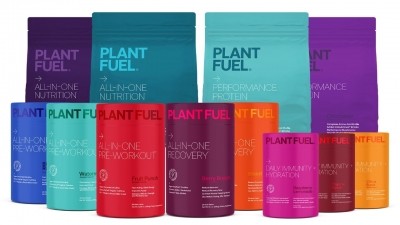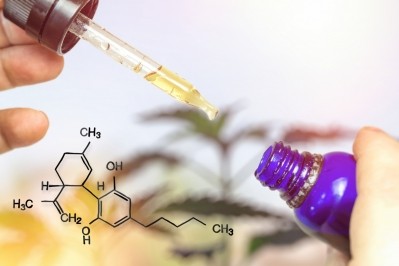Twinlab recovery story adds chapter with new manufacturing agreement

False starts in recovery process
Twinlab is one of the oldest names in the dietary supplement business, with a more than 50-year history. The brand went through a bankruptcy in 2003 and engaged in various ownership and brand restructuring efforts led by executives Tom Tolworthy and Naomi Whittel, who was the founder of Reserveage, one of the companies Twinlab acquired along the way.
Tolworthy’s plan for the company included a reconfiguration of liabilities that ‘sequestered’ part of the debt that was left over from the bankruptcy. Twinlab Consolidation Corp. was created at that time to “uncouple Twinlab and recapitalize it within the new entity” in Tolworthy’s words. His stated goal was to maintain the company’s manufacturing plant in Utah.
Under Whittel’s tenure, the difficult decision was taken to close the Utah plant and to rely on contract manufacturers. Whittel left the company shortly after, saying that she had “met my goal of bringing science-based innovation and personality back to the product line.”
Under her watch Twinlab had launched a line of fish oils called BioAlaskan Omega with the cooperation of former Metagenics chief science officer Jeffrey Bland PhD. The company also launched a line of sleep products in cooperation with Michael Breus, PhD, who bills himself as The Sleep Doctor. Both products are listed as out of stock on the company's website.
Getting the manufacturing nailed down
The deal announced last week teams Twinlab with Bonne Sante Group, an emerging contract manufacturer based in Florida. The deal reportedly will focus on powders, capsules and tablets that Bonne Sante will deliver on an ‘expedited’ basis while still maintaining the company's overarching commitments to quality science-based, nutritional supplements. As part of the agreement Bonne Sante will be responsible for the manufacturing and fulfillment of certain SKUs including products under Twinlab, Reserveage, REAAL, ResVitale and Metabolife brands.
The new partnership seems aimed at resolving the issues the company has had with transitioning its many brands to contract manufacturers, losing some customers in the process when products were unavailable. Anthony Zolezzi, who took over from Whittel as CEO, was in turn replaced by Dan DiPofi. DiPofi, who took over as CEO in January, was formerly the chief operating officer of the Buffalo Sabres hockey team.
Under Zolezzi, part of the plan to reinvigorate the company was to launch a line of full spectrum CBD products. The products are still being offered for sale, but the company said it is “pausing on CBD-related innovation, pending further clarity on this issue from the FDA.”
According to the company, DiPofi’s strategy will be one of “fixing the foundation.” Twinlab will focus on its core brands Twinlab and Reserveage and will concentrate on achieving operational excellence in manufacturing and customer fulfillment.
Where can Twinlab win?
Corporate strategy consultant Joshua Schall, previously director business strategy for MusclePharm, said the Twinlab story has been a long strange tale. The latest news announced by the company—the new manufacturing agreement—is seldom the kind of thing that companies make a big deal about.
“It is an interesting brand. It has a storied history,” Schall said. “But these last 10 years or so that I’ve been in the industry it has been struggling.”
“It is interesting that they would put out a press release about a manufacturing agreement. For a lot of companies, that’s just a day-to-day thing,” Schall told NutraIngredients-USA.
Much has been made over the years of the brand equity that Twinlab has. From Schall’s point of view, that story might be getting a little long in the tooth. The customers for whom this might still be a purchase driver are aging, which is why he thought the CBD line was an interesting addition.
“The Phytocab CBD line seems to be a bright spot for the company,” he said. “If Twinlab is going to try to reach a 24-year-old, I’m not sure that’s going to work. The last time the brand was relevant they were in elementary school.”
But Schall said CBD products are now starting to become of interest to a broad range of consumers, not just the younger early adopters. Among the molecule’s indications are pain management and quelling inflammation, both of which figure into a healthy aging positioning that attracts older consumers.
“These are people who still remember the old Twinlab. I think that’s where Twinlab could be more powerful,” Schall said.









